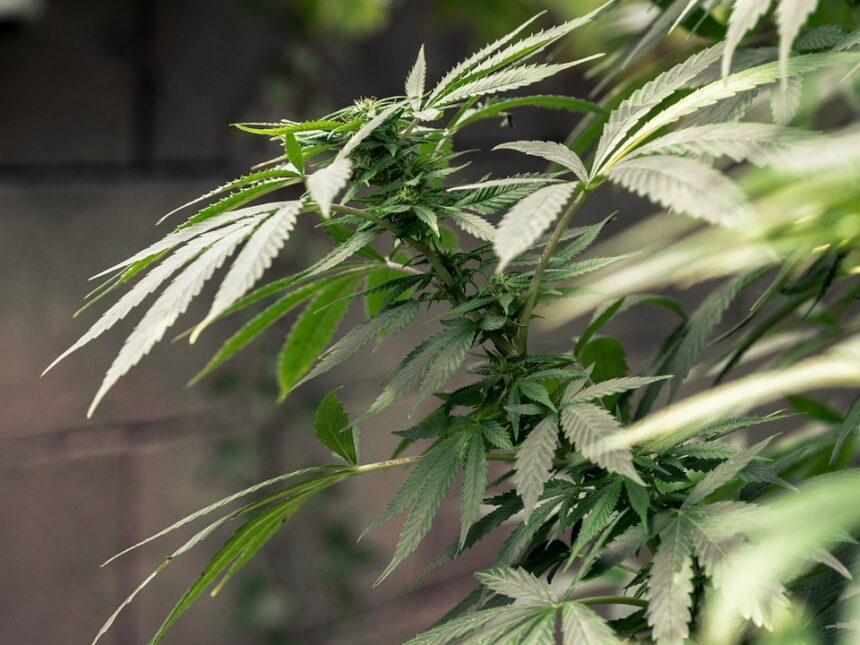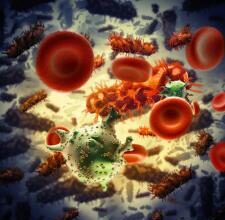When you think of cannabis — or marijuana, as some call it — what do you think of? Do you conjure images of Cheech and Chong and use terms like “goofed out of their minds” when the topic is brought up? Or do you think of a dangerous substance that works as a gateway drug to entice teens to try other illicit substances? Or are you one of the growing many that see a scapegoat in the war on drugs, a Schedule 1 substance that the DEA has placed at the top of the list, literally next to only LSD, ecstasy, Quaaludes, and peyote, and above substances like methamphetamine, heroin, and cocaine?
How you view cannabis and whatever stigma you may associate with it is likely influenced by where you live and when you grew up — and these views may not have always been static. Dr. Andrew Well, writing for Huffington Post, explains that the average American doctor from the late 19th century relied heavily on, what we would call today, medical marijuana products.
“In his day, labor pains, asthma, nervous disorders and even colicky babies were treated with a fluid extract of Cannabis indica, also known as ‘Indian hemp’ (Cannabis is generally seen as having three species — sativa, indica and ruderalis — but crossbreeding is common, especially between sativa and indica),” writes Dr. Well. “At least 100 scientific papers published in the 19th century backed up such uses.”
Unfortunately, after the Marihuana Tax Act of 1937 was passed, the death of cannabis in products medical or otherwise (and especially in terms of hemp vs. synthetic material) was all but assured, and subsequently has been justified with gross misinformation.
The Cannabis Renaissance
Fortunately, the U.S. is currently in the midst of a cannabis renaissance, with the Chicago Tribune recently publishing an article titled “Regional and National Acceptance of Medical Cannabis Reaches Historic Highs” by RJ Starr. The author writes:
“Beginning with the passage of Proposition 215 – the legalization of medical cannabis in California and opening of the state’s first dispensary – to a count of now 30 states and the District of Columbia with some form of active medical cannabis programs, public support for medical cannabis options is not just waning, it is increasing from acceptance to demand,” writes Starr. “The year 2008 marks what can arguably be called a tipping point in the history of medical cannabis and public acceptance, as the rate of medical cannabis program adoption increased thereafter by more than 60 percent and voters continue to make their voices heard at the polls.”
Starr goes on to argue that as a larger percentage of the medical community has come to back research in favor of medical cannabis, many other industries are beginning to take it seriously as a medicinal treatment. Even substance abuse treatment centers like The Recovery Village have begun acknowledging that, perhaps, marijuana could be used as a treatment in drug addiction recovery:
“What some studies are finding is that the use of prescribed marijuana for some medical conditions, especially for pain issues, can help prevent an opioid addiction from developing in the first place,” they write. “Many addicts begin their addiction with a prescription for painkillers, and medical marijuana might be a suitable and safer substitute.”
Why Is Public Perception Improving?
It seems that public perception of medical cannabis has improved drastically because people have seen positive effects from its use, even if traditional research would consider these results anecdotal.
Marine Yanikian-Sutton, 39, who was diagnosed with colon cancer in 2016, is one of these users.
“It eased both mental and physical pain, and I could not have endured the pain without it,” she said in an article with Healthline. The authors note that even though medical cannabis is legal in her state, this wasn’t a deciding factor for her.
“The deciding factor was the realization that the chemo meds are more poisonous and life threatening than the marijuana. I chose to ease the side effects produced by the chemo naturally, as opposed to taking more meds,” she said.
For those who are worried about the negative effects of smoking cannabis, new products including cannabis-infused gum, tampons, tea, and coffee provide alternative methods of ingestion.
Another reason that perception of cannabis is improving is that there’s been an increase in literature outlining the difference between THC and CBD, the former being the psychoactive compound, while the latter is much more medicinal in nature. Some people see CBD as the future of medicine — here are some of the benefits of CBD:
- Not psychoactive, meaning it can provide benefits and a calming effect without the “high” associated with marijuana
- Can be used to treat anxiety for people whose symptoms are increased by THC or don’t enjoy the “high”
- Can also be used to treat and prevent nausea
- Can help with inflammation and pain, including taking internally or applied externally as a cream or oil
- Has shown evidence it works as an antioxidant
- When applied externally, it can help with skin conditions such as eczema and acne
- Has shown promise in treating medical conditions and mental health issues such as epilepsy, Crohn’s disease, multiple sclerosis, PTSD and depression
Two Sides to a Coin and Responsible Use
There are always two sides to a coin, of course. Cannabis doesn’t come without its own set of concerns, and Reuters reports that “People who use marijuana may be three times more likely to die from high blood pressure than non-users of the drug, a new study finds.”
Another problem with cannabis is that more studies need to be done in an official capacity before we can truly measure how effective it is in medicine. And, of course, any type of medicine needs to be used properly. Just because cannabis can easily be abused shouldn’t tarnish its legitimacy — opiates are easier to abuse and become addicted to and are at the center of our national drug epidemic. As stated above, cannabis is being considered as a treatment for opioid addiction.
Still, as misinformation surrounding cannabis is slowly disappearing, public perception is finally catching up to reality. The more positive use cases pop up in the place of said information, the closer we will come to a future in which cannabis’s completely ridiculous Schedule 1 classification is finally lowered or dropped completely, and when medical marijuana isn’t just accepted by the maioris popular, but by the federal government that represents them as well.







